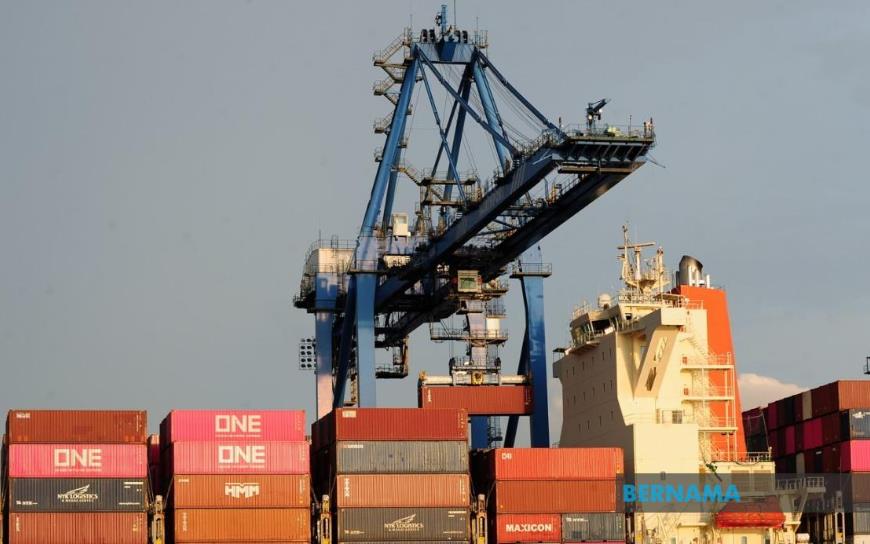MARC: Malaysia To Remain Advantageous Amidst Global Trade Diversion

Malaysia's strong export performance in July denotes that the country is benefitting from the global trade diversion, according to Malaysia Rating Corp Bhd (MARC).
Its chief economist, Ray Choy said the ongoing trade dispute between China and other regions has a major impact on overall export performance.
“China's Purchasing Managers' Index (PMI) has decelerated faster than the rest of the world but Malaysia's PMI deceleration is less pronounced compared to the overall worldwide.
“We see that Malaysia's export performance is not being hit too much. This proves that we are benefitting from the global trade diversion and this could be the baseline scenario going forward,” he said during the Economic and Market Outlook: Opportunities Amid Stronger Growth and Monetary Easing forum.
The online session was part of MARC's two-day Malaysian Bond and Sukuk Conference 2024: Charting the Course for Malaysia's Economy.
Meanwhile, the forum highlighted that the seasonally adjusted S&P Global Malaysia Manufacturing PMI fell slightly to 49.7 in July from 49.9 in June, with slowdowns seen in new orders, output, employment, and stocks.
Malaysia's exports in July 2024 beat economists' estimates to record a 12.3% year-on-year (y-o-y) growth to RM131.15 billion, against RM116.75 billion a year ago.
Choy pointed out that Malaysia's exports have been resilient, thanks to the technology upcycle, evident from export growth in the semiconductor and electrical and electronics (E&E) segments.
He also said that Malaysia's economy gained from the normalisation of tourism activities.
“There has been normalisation of tourism activities in Malaysia, supported by Chinese tourists, ASEAN, and the rest of the world, which supported consumers' spending to be robust,” Choy added.
Hence, he expects Malaysia's gross domestic product (GDP) growth to be at 4.8% this year, while the forecast for next year is 4.5%.
Choy noted that the declining manufacturing and business confidence in several sectors poses some risks to Malaysia's economic growth.
“The risks are expected to come from gross fixed capital formation and foreign direct investments (FDI), which are pretty lumpy,” he said.
Choy said that the factors influencing Malaysia's GDP forecast for 2025 would be the normalisation of gross fixed capital formation and FDI, as well as geopolitical uncertainties and inflation risks.
